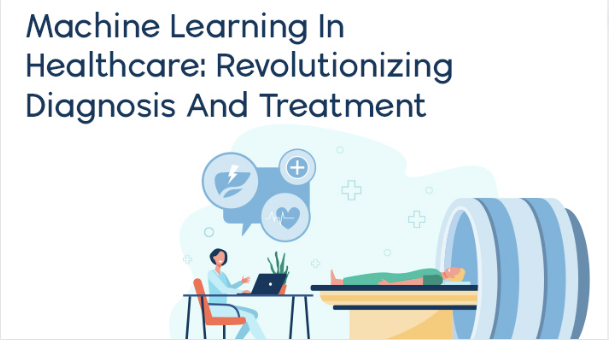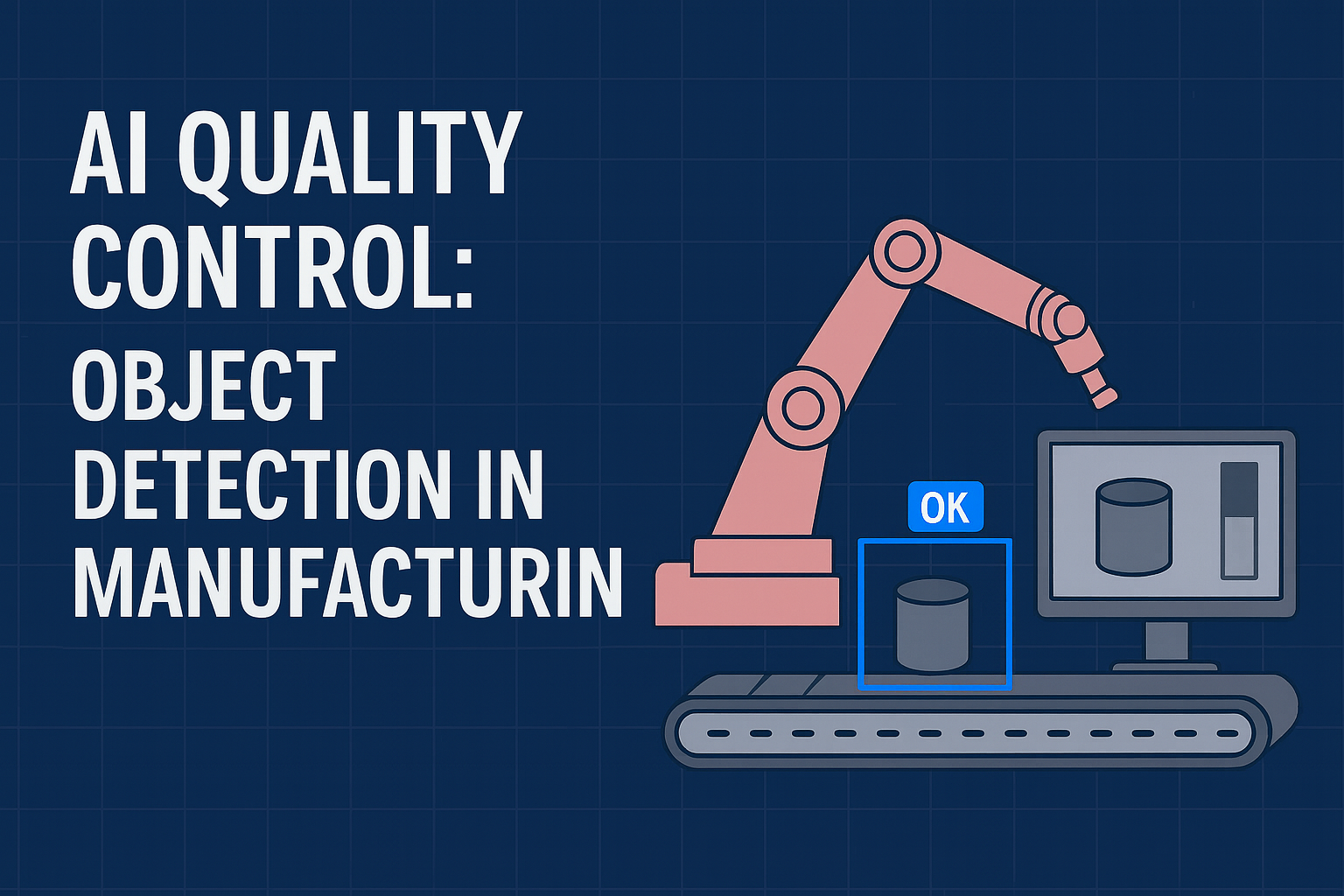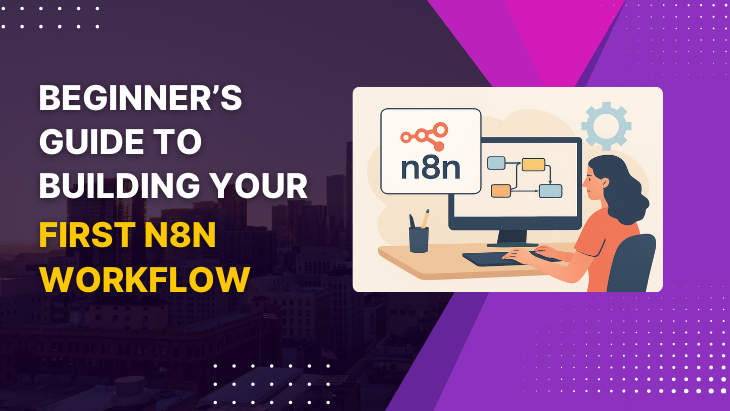Machine learning is revolutionizing various industries, and healthcare is no exception. With its ability to analyze vast amounts of data and uncover hidden patterns, machine learning is transforming the way healthcare professionals diagnose and treat diseases. This article explores the impact of machine learning in healthcare, focusing on its applications in diagnosis and treatment.
I. The Power of Machine Learning in Healthcare:
1.1 Big Data and Healthcare:
* Discuss the abundance of data in healthcare, including electronic health records, medical imaging, genomics, and wearable devices.
* Highlight the challenges of processing and analyzing such vast amounts of data manually.
1.2 Machine Learning Basics:
* Provide a brief overview of machine learning concepts, such as supervised learning, unsupervised learning, and reinforcement learning.
* Explain the importance of training data and model evaluation in machine learning.
II. Machine Learning in Diagnosis:
2.1 Early Disease Detection:
* Explain how machine learning algorithms can identify early signs of diseases by analyzing patient data, symptoms, and risk factors.
* Discuss specific examples, such as using machine learning to detect cancer, cardiovascular diseases, and neurodegenerative disorders.
2.2 Medical Imaging Analysis:
* Explore how machine learning enhances medical imaging interpretation, such as radiology and pathology.
* Discuss the use of convolutional neural networks (CNNs) to classify and segment medical images.
* Highlight the benefits of machine learning in improving accuracy and speed of diagnoses.
2.3 Predictive Analytics:
* Describe how machine learning can predict disease progression and patient outcomes by analyzing historical data.
* Discuss the application of machine learning in predicting patient readmissions, mortality rates, and treatment responses.
III. Machine Learning in Treatment:
3.1 Personalized Medicine:
* Explain how machine learning enables personalized treatment plans by considering individual patient characteristics, genetics, and medical history.
* Discuss examples of machine learning in drug discovery, dosage optimization, and precision medicine.
3.2 Clinical Decision Support Systems:
* Explore the use of machine learning algorithms to provide decision support to healthcare professionals.
* Discuss how machine learning can help analyze patient data, suggest treatment options, and identify potential drug interactions.
3.3 Robotics and Surgery:
* Highlight the role of machine learning in robotic-assisted surgeries, improving precision and reducing risks.
* Discuss the use of machine learning algorithms for surgical planning, guidance, and autonomous robotic procedures.
IV. Challenges and Ethical Considerations:
4.1 Data Privacy and Security:
* Discuss the importance of protecting patient data in machine learning applications.
* Highlight the challenges and potential risks associated with data breaches and unauthorized access.
4.2 Bias and Fairness:
* Address the issue of bias in machine learning algorithms and its impact on healthcare outcomes.
* Discuss the importance of fair and unbiased data representation for accurate diagnoses and treatment recommendations.
4.3 Regulatory and Legal Implications:
* Explore the regulatory challenges and guidelines surrounding the use of machine learning in healthcare.
* Discuss the need for transparency, accountability, and regulation to ensure ethical use of machine learning algorithms.
Conclusion:
Summarize the impact of machine learning in healthcare, emphasizing its potential to revolutionize diagnosis and treatment. Highlight the challenges and ethical considerations that need to be addressed to ensure the responsible and beneficial integration of machine learning in healthcare.
Overall, machine learning is reshaping the healthcare landscape, empowering healthcare professionals with advanced tools and insights to provide better patient care, improve diagnoses, and personalize treatment approaches. However, it is essential to navigate the challenges and ethical considerations to fully unlock the potential of machine learning in healthcare.








Leave a reply